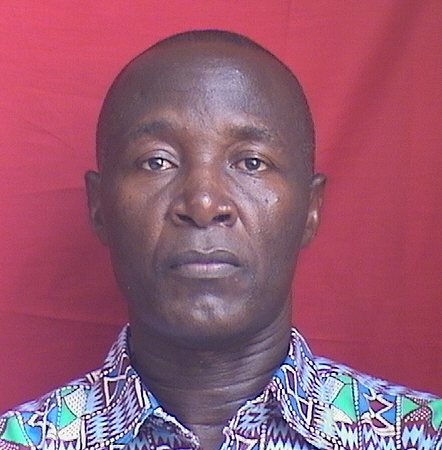Source Separation and Recycling Potential of Municipal Solid Waste in Low and Middle Income Communities. Case of Kumasi, Ghana
ABSTRACT
Purpose of the study-This study was conducted to assess the waste characteristics and separation efficiency of source separation of household waste in low and middle income communities in Kumasi Metropolis, Ghana.
Methodology/approach- The study on the source separation and recycling potential involved three stages. These were households’ survey, household education and source separated waste characterisation. A sample of 60 households participated in the household survey, education on source separation and pilot source separation exercise. The solid waste was sorted into six fractions and three recycling categories (biodegradable; paper and plastic; residue).
Findings- The mean generation rate of solid waste was 0.52 ± 0.26 kg/per capita/day for the low income community and 0.65 ± 0.27 kg/per capita/ day for the middle income community. The waste fractions in the communities (low, middle income) were biodegradable organics (59.15, 65.68%), plastics (11.01, 10.68%), papers (3.15, 4.51%), glass (0.89, 2.57%), metals (0.96, 4.63%) and miscellaneous (24.84, 11.93%) respectively. The separation efficiency for organic category was 70%, inorganic and residue was over 69%, and the paper and plastics was over 60%.
Research limitations/implications- The study suggests that the success of source separation programme hinges on education and economic incentives. The sample size could be increased and the economic feasibility determined, as this could not be done due to limited time and funds.
Practical implications- The findings showed there is potential for recycling through source separation programme in low and middle income communities. Public education and economic incentives are necessary for a successful source separation programme.
Originality/value - The paper provides insight into source separation in low and middle income communities where people think that source separation is not feasible. This study contributes to better understanding of how city authorities in developing countries can take advantage of economic incentives to scale-up recycling.
Reference for the article: Oduro-Kwarteng, S., Anarfi, K.P. and Essandoh, H.M., (2016). Source separation and recycling potential of municipal solid waste in Ghana. Management of Environmental Quality: An International Journal, 27(2), 210-226.

